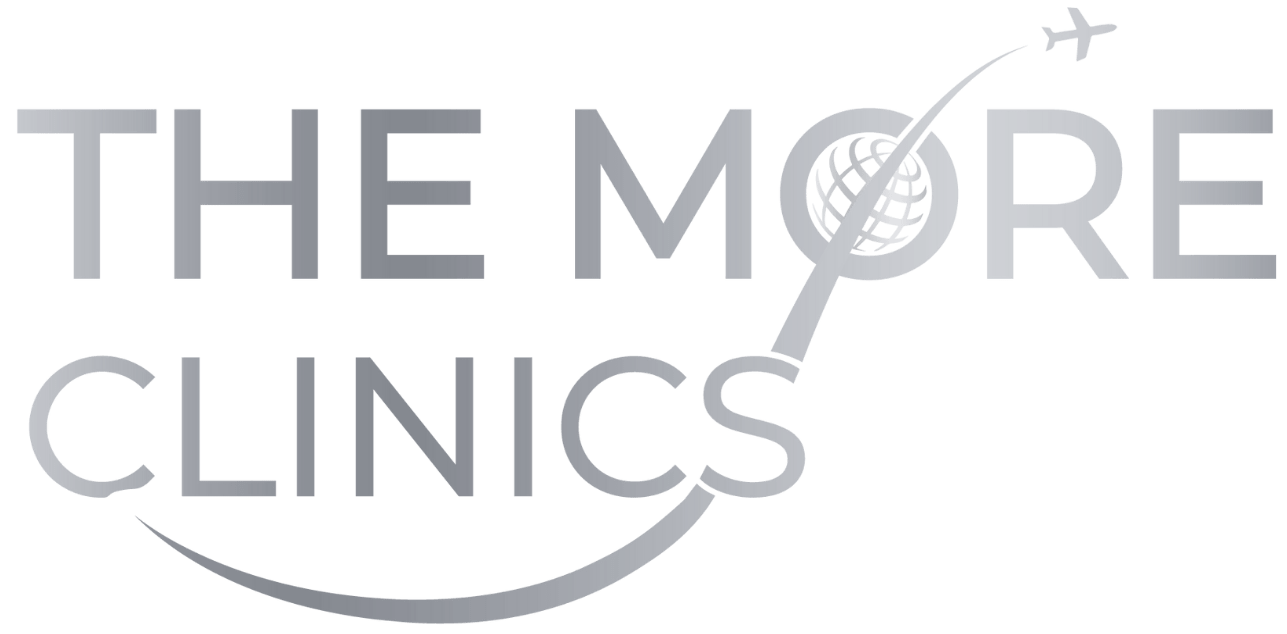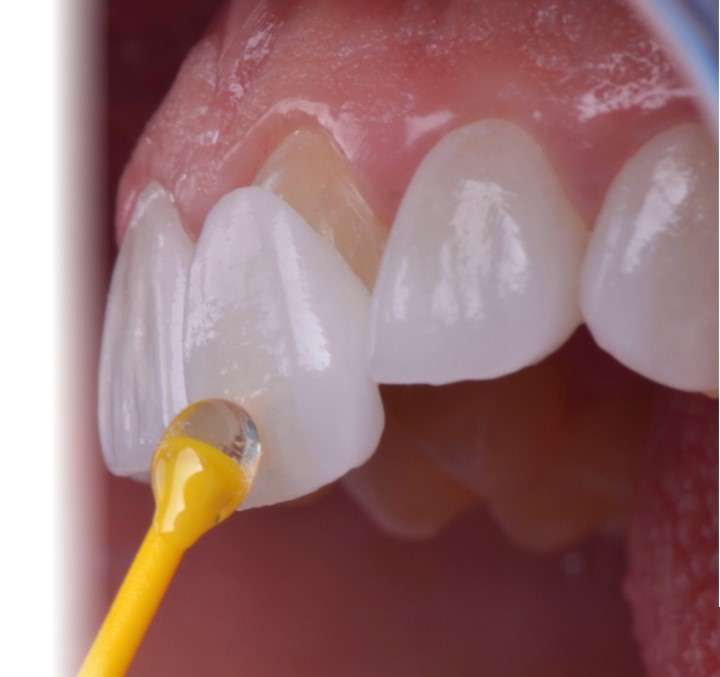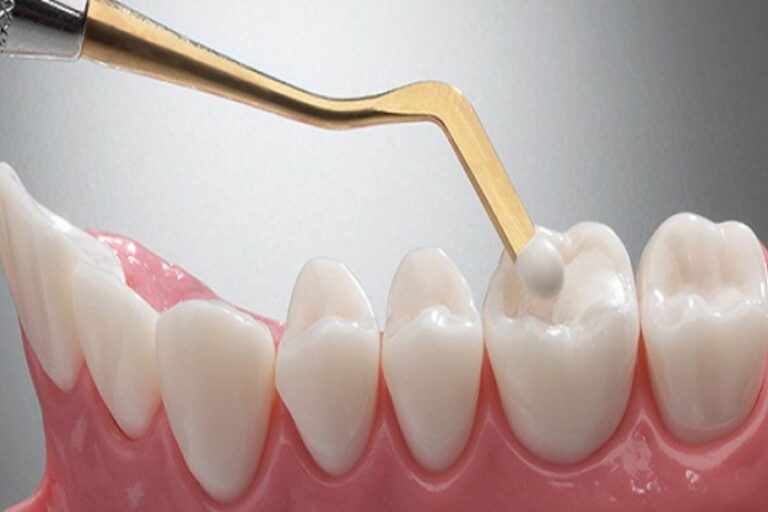Zygomatic Implants (Cheekbone Implants)
Zygomatic implants also known as cheekbone implants are an innovative and effective solution people who suffer from severe bone loss in their upper jaw. This condition can be caused due to various reasons such as gum disease, trauma or congenital defects.

What Are Zygomatic Implants?
Zygomatic implants are similar to traditional dental implants but differ in terms of placement and length. While traditional dental implants are placed into the jawbone, zygomatic implants are anchored into the cheekbone (zygoma). This makes them a suitable alternative for people who do not have enough bone density in their jaw to support traditional implants. Zygomatic implants are typically longer than traditional implants as they need to reach and anchor onto the zygoma.
Are Zygomatic Implants Right for You?
Zygomatic implants may be a suitable option for individuals who have been told they do not have enough bone density in their jaw for traditional implants. However, a thorough examination and consultation with a qualified dental professional is necessary to determine if zygomatic implants are the best solution for your specific case. Factors such as overall oral health and any underlying medical conditions will also be taken into consideration.

The Benefits of Zygomatic Implants
- Provides stable support for dental restorations: Due to their placement in the cheekbone, zygomatic implants provide a more stable foundation for dental restorations such as crowns, bridges or dentures. This allows people with severe bone loss to have a more functional and natural-looking smile.
- Minimally invasive procedure: Compared to traditional implant surgery which requires bone grafting, zygomatic implant placement is a less invasive procedure. This means less discomfort and a shorter recovery period for patients.
- Avoids the need for bone grafting: Bone grafting is a common procedure to increase bone density in the jaw before traditional implant surgery. However, this can be a lengthy process and may not always be successful. Zygomatic implants eliminate the need for bone grafting as they anchor onto the cheekbone instead of the jawbone.
- Immediate results: In many cases, zygomatic implants can support dental restorations immediately after placement. This means that patients can leave their appointment with a fully functional and aesthetically pleasing smile.
Risks and Complications of Zygomatic Implants
Like any surgical procedure, zygomatic implants come with their own set of potential risks and complications. However, they are rare and can be minimized with proper care and follow-up:
- Sinusitis: Due to the proximity of the zygoma to the maxillary sinus, one risk associated with zygomatic implants is sinusitis, or infection of the sinus. This is usually preventable with careful surgical technique and post-operative care.
- Nerve damage: There is a slight risk of nerve damage during the procedure, which could lead to numbness or tingling in the cheek or upper lip. However, experienced dental surgeons take great care to avoid this complication.
- Implant failure: Although rare, there is a possibility of zygomatic implant failure. This could be due to infection, poor healing, or excessive pressure on the implant.
It’s important to remember that the success of zygomatic implants, like any other surgical procedure, depends largely on the skill of the surgeon and the overall health and lifestyle of the patient. Regular follow-up appointments and good oral hygiene can help minimize these risks.
Procedure Steps
The zygomatic implants are then surgically placed into the cheekbone. This procedure is done under general anesthesia, ensuring a pain-free experience for the patient.
The surgical process for placing zygomatic implants is a meticulous procedure that requires a high level of expertise.
- Initial evaluation: This includes a comprehensive examination of the patient’s oral health and a detailed review of their medical history. The dentist may also use imaging techniques such as CT scans to get a better understanding of the structure of the patient’s cheekbone and to plan the implant placement.
- Surgical procedure: The surgery begins with the administration of general anesthesia to ensure the patient’s comfort throughout the procedure. Subsequently, the dental surgeon makes an incision in the gum where the implant will be placed. Using a specialized drill, a hole is created in the cheekbone, into which the zygomatic implant is inserted.
- Implant placement: The implant is carefully positioned into the cheekbone. It’s angled in such a way that it provides maximum support for the dental prosthesis.
- Closing the site: Once the implant is in place, the surgical site is closed with sutures.
- Healing process: The recovery period can take several weeks during which the implant fuses with the bone in a process known as osseointegration.
- Placing the Dental Prosthesis: After the healing period, the dental prosthesis (such as a crown or a bridge) is attached to the implant. The result is a fully functional and aesthetically pleasing restoration.
Recovery
Recovery from zygomatic implant surgery generally has a positive outlook. Patients can expect some swelling and discomfort in the initial days following surgery, which is a normal part of the healing process. Pain medication and antibiotics may be prescribed by the dentist to manage discomfort and prevent infection.
The swelling and discomfort usually subside within a week or two. It is important for patients to follow all aftercare instructions provided by their dental professional, including maintaining good oral hygiene and attending all follow-up appointments. This is to ensure the implant is healing properly and to monitor for any potential complications. Once healed, zygomatic implants can offer a long-term solution for those with severe jawbone loss, restoring functionality and aesthetics to the smile.
Zygomatic Implant Cost Factors
The cost of zygomatic implants can vary based on several factors such as:
- The experience and expertise of the dental surgeon
- The geographic location of the dental clinic
- The specifics of the patient’s oral health and the complexity of their case
- The type and brand of the implant used
- The number of implants needed
- The type of dental prosthesis (crown, bridge, or denture) attached to the implant
Zygomatic Implant Costs by Country
- Zygomatic Implant Cost United States: In the US, the cost of a single zygomatic implant can range from $32,000 – $36,000.
- Zygomatic Implant Cost United Kingdom: In the UK, the cost of zygomatic implants can vary widely, with prices typically ranging between £22,500 and £30,000 per implant.
- Zygomatic Implant Cost Canada: In Canada, a single zygomatic implant can cost anywhere from $34,000.
- Zygomatic Implant Cost Turkey: Turkey is known for its more affordable dental procedures. The cost of a zygomatic implant in Turkey can range between $2,000 and $3,500.
Last Words from the More Clinics Turkey
In summary, zygomatic implants are a highly specialized and effective solution for patients with severe jawbone loss. Although the procedure comes with certain risks like sinusitis, nerve damage, and implant failure, these are rare and can be minimized with proper care and skilled surgical technique.
Our specialists at More Clinics Turkey is highly experienced and dedicated to providing top-notch dental care. With in-depth knowledge of zygomatic implants Turkey procedure, our specialists are committed to delivering optimal results tailored to individual patient needs. Contact us today to learn more!
GET A FREE CONSULTATION!
Let’s Start Planning Your Treatment %100 Guarantee Results.






